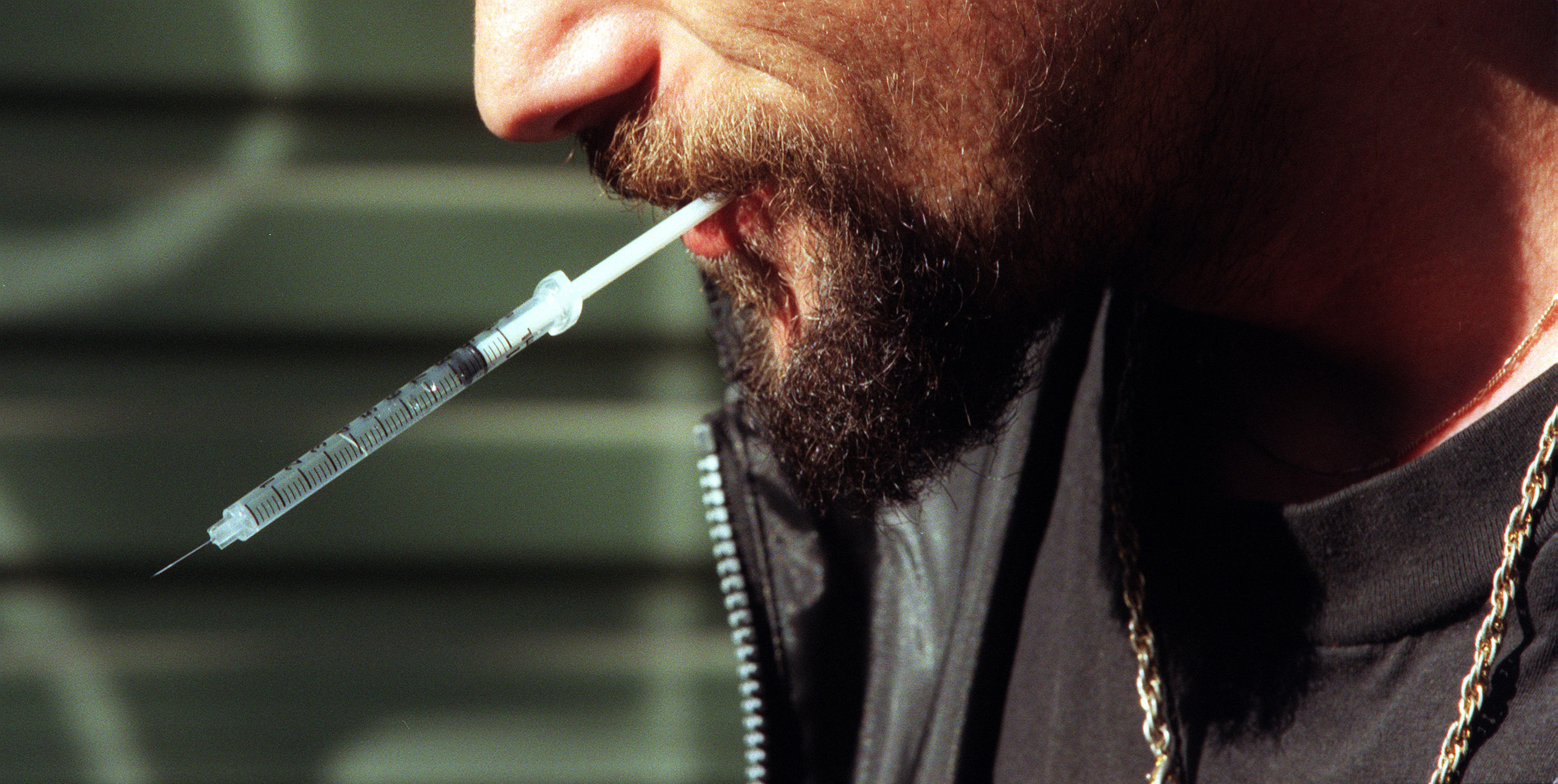"Morbid" is how the boss of drug policy organisation Penington Institute describes how it feels looking over the annual report of drug overdoses in Australia each year.
"The sad thing is, a lot of people are ashamed of the death in their family," John Ryan told nine.com.au.
"I read the numbers and feel great pain for the people who have experienced loss in their family or in their friendship network."

The numbers Mr Ryan must pore over are overwhelming and getting worse.
Roughly every four hours an Australian, probably a man, will die of a drug overdose.
More than 2000 Australians died of drug overdoses in 2018, continuing an alarming trend of deaths involving opioids, stimulants and the use of multiple substances at the same time.
The 2070 overdose deaths in 2018, the most recent statistics available, dwarfed Australia's 276 drowning fatalities in 2019 and eclipsed the 1195 Australians killed on our roads last year.
"The ripple effect of that, through their families, through their friendship networks and within communities, is huge," Mr Ryan said.
"It's a multi-generational disaster."
A dramatic surge in deaths involving heroin was also revealed in the latest figures inside Australia's Annual Overdose Report 2020, released today by the Penington Institute.
For the first time since 2003, more Australians died of overdoses involving heroin than pharmaceutical opioids commonly prescribed by doctors.
Opioids continued to be the drug type most commonly identified in overdose deaths, with 900 Australians losing their lives in unintentional opioid-related overdoses in 2018.
Men account for more than 70 per cent of all unintentional overdose deaths, the report found.
Of the 2070 total deaths, 1556 were classified as unintentional overdoses.
That tally equates to four unintentional overdose deaths every day in 2018, or one death every 5.6 hours.
The report also showed that while overdose deaths affect Australians from every walk of life and every income bracket, some communities are particularly at risk.
Over 40 per cent of all unintentional overdose deaths in 2018 were suffered by Australians aged 50 and over, while those aged in their 40s accounted for 27 per cent of the total.
Tragically, the dead so often will have their parents and children at the funeral, Mr Ryan said.
"It's really sad also that people are dying, basically in the prime of their life. The worst-off aged group is the forties to fifties."
He said most overdose deaths were often "veiled in secrecy" because Australians don't speak honestly about drug use issues.
"And I think that's even more the case in regional and rural Australia which [per capita] is more vulnerable to fatal overdose."
Indigenous Australians continue to die from overdoses at disproportionate rates, being three times more likely than non-Indigenous Australians to die from an unintentional overdose in 2018.
The use of four or more substances, known as polydrug use, continued to be the most quickly increasing overdose trend.
Mr Ryan said the number of polydrug overdoses should be a major concern for all Australians, as it has almost quadrupled from 163 in 2013 to 582 in 2018.
Overall, the report painted a troubling picture about progress on Australia's hidden health crisis, Mr Ryan said.
Drug overdoses were not given "the same concerted action" as policies and programs dedicated to reducing other community health risks, such as the national road toll.
"The thing that really irks me is that it's not getting the attention that it deserves," Mr Ryan said.
"The scale of the problem is not matched by the scale of the response. And I think that's a real tragedy.
"We've got a situation where people are dying unnecessarily. They're preventable deaths. And yet, we're not doing very much."
'Shame' plays factor in secretive deaths
He accused state and federal governments of being "stuck" in a failed and "old fashioned" war on drugs mindset.
"We're not mainstreaming it as a health issue, the whole emphasis has always been on law enforcement."
There will also be a role for policing supply control, Mr Ryan said, but currently drug policy was slanted far too heavily towards arrests and cutting off drug supply.
The stereotype of a drug overdose happening in inner-city alleyways also needed to be shattered, he said.
Mr Ryan said Australians must start talking about the issue more openly.
"I think there's an incredible amount of shame in relation to drug use issues," he said.
"Drugs are secret by nature because it's illegal. And so people are very reluctant to talk openly about that kind of drug use."
Significant gains had been made in areas such as mental health and suicide, he said, after high profile people started to speak out about their own struggles.
He believed the epidemic of drug overdoses needed similar honesty and support.
Words: Mark Saunokonoko
Graphics and interactives: Tara Blancato
Email: msaunoko@nine.com.au
FOLLOW: Mark Saunokonoko on Twitter
Readers seeking support and information about suicide, drug and alcohol can contact Lifeline on 13 11 14 or Beyond Blue on 1300 224 636 or the National Alcohol and Other Drugs Hotline on 1800 250 015.
Source: https://ift.tt/3gJUZH6
Comments
Post a Comment